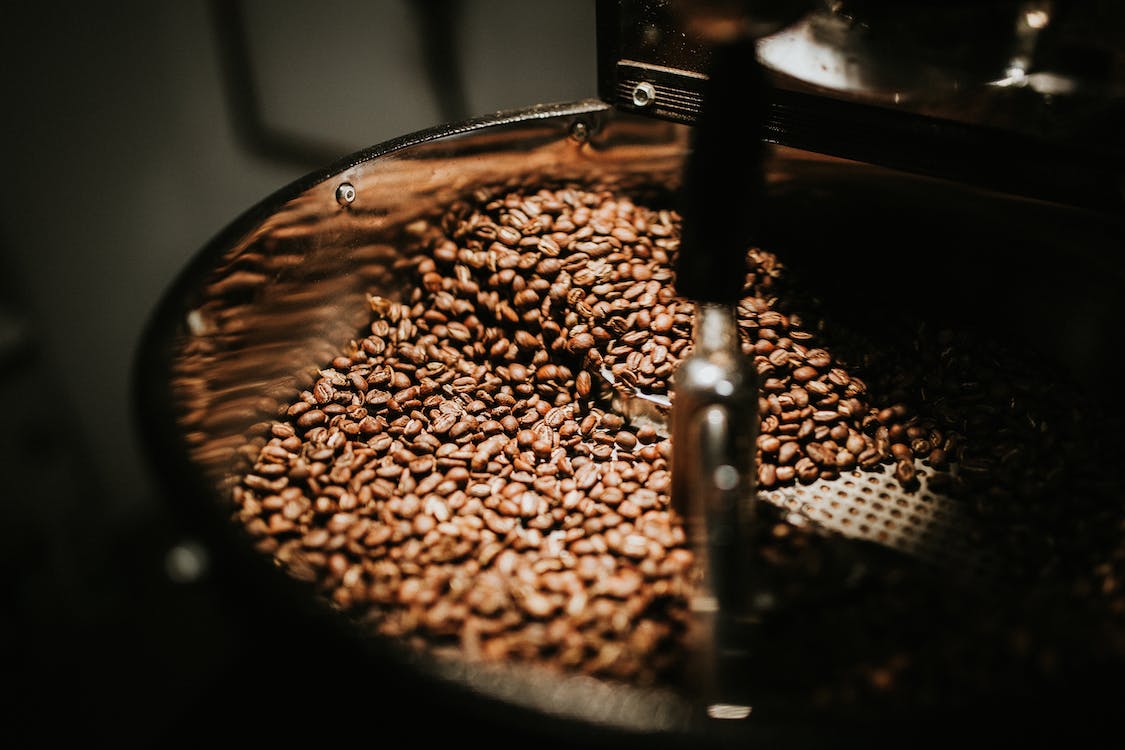
FAQ About Coffee

What is the traditional brewing method in Ethiopia, the birthplace of coffee?
In Ethiopia, the birthplace of coffee, the traditional brewing method is known as the Ethiopian coffee ceremony. It is a ceremonial and social event that involves multiple stages of coffee preparation and is often performed by a designated host or a respected community member. Here's an overview of the Ethiopian coffee ceremony:
Gathering and Roasting:
- The ceremony typically takes place in a communal setting, such as a household or a traditional Ethiopian coffee house.
- Green coffee beans are washed, sorted, and then roasted on a charcoal stove or an open fire in front of the guests.
- The roasting process is accompanied by the aromatic smell of the coffee beans, creating an enticing atmosphere.
Grinding:
- Once the coffee beans are roasted to the desired level, they are immediately ground using a mortar and pestle or a manual coffee grinder.
- The ground coffee is often quite fine, similar to a medium grind.
Brewing:
- A traditional Ethiopian coffee pot called a jebena is used for brewing. The jebena is typically made of clay or ceramic and has a distinctive shape, with a round base and a long neck.
- The jebena is filled with water and placed over a charcoal stove or an open flame to heat the water.
- When the water reaches a near-boiling point, the ground coffee is added to the jebena. No filters are used, allowing the coffee grounds to steep directly in the water.
Serving:
- Once the coffee has brewed for a few minutes, the host pours small amounts of coffee into small handleless cups called finjans or kanas. The coffee is poured from a height to create a frothy layer of foam on top.
- The coffee is served to guests in a particular order, starting with the eldest or most honored individuals. It is customary to serve three rounds of coffee, known as "abol," "tona," and "baraka," each with a different strength.
Enjoyment and Rituals:
- Coffee is savored slowly while engaging in conversation and socializing with others.
- The ceremony is often accompanied by traditional Ethiopian snacks, such as popcorn or roasted barley.
- Ethiopian coffee ceremonies are seen as a way to foster community, share stories, and strengthen bonds among participants.
